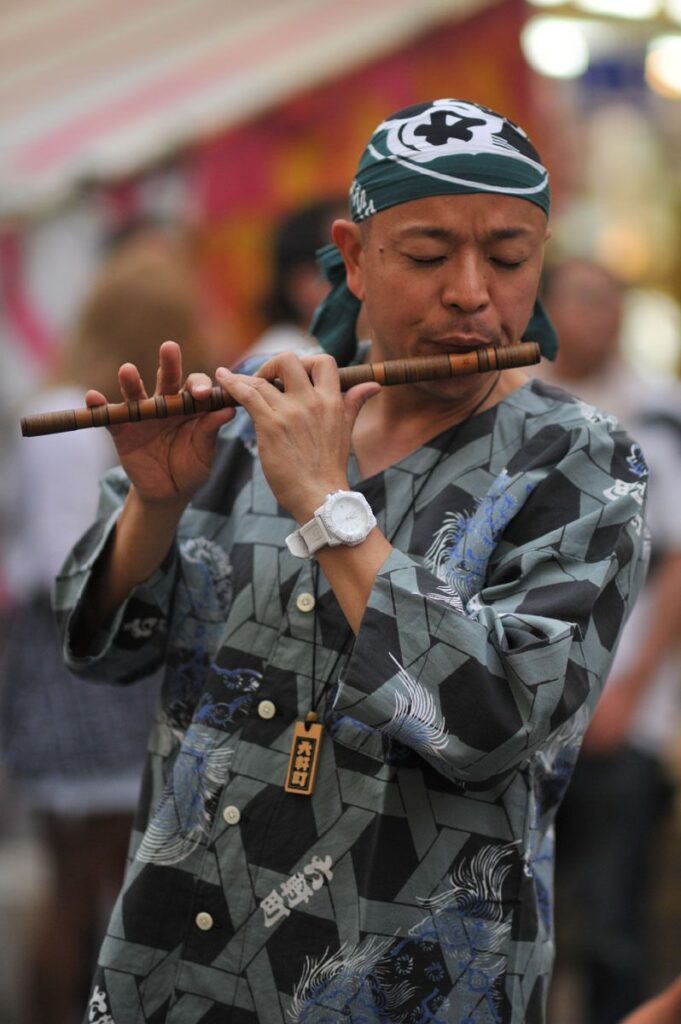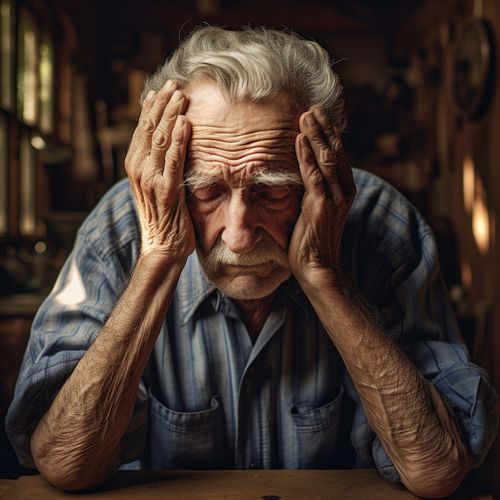Across Africa, healthcare is evolving to embrace not only traditional and modern medicine but also creative therapies that treat the whole person. Among these, music therapy in Africa is gaining attention as a powerful tool to support mental and emotional well-being. Whether addressing Alzheimer’s disease, trauma, or anxiety, music therapy offers a non-invasive, affordable, and culturally resonant form of care.
🧠 What Is Music Therapy?
Music therapy is a clinical and evidence-based practice where trained professionals use music interventions to accomplish individualized goals. These might include improving memory, enhancing communication, or managing stress. For patients dealing with conditions like dementia or Alzheimer’s, rhythmic sounds and melodies can stimulate brain activity and create emotional connections.

🌍The Growing Role of Music Therapy in Africa
Although Africa faces numerous healthcare challenges, there is growing recognition of the benefits that alternative therapies can bring. Music, already an integral part of African culture, makes music therapy particularly accessible and relatable. In fact, traditional healing practices often incorporate drumming, chanting, and communal songs — forms of expression that align naturally with therapeutic goals.
Moreover, music therapy can reach underserved populations where mental health services are limited. By blending science with culture, it creates a bridge between modern treatment and traditional roots.
🎶 Music Therapy and Alzheimer’s Disease
In recent years, researchers and practitioners have begun to explore the role of music therapy in Africa for managing Alzheimer’s disease. Patients with Alzheimer’s often respond to familiar songs, even when their ability to speak or remember names has declined. Music can reduce agitation, spark memories, and improve mood — all of which contribute to a better quality of life.
For caregivers, this form of therapy offers a way to connect deeply with loved ones. Additionally, it can reduce reliance on medications for managing behavioral symptoms.

👩⚕️ Trained Practitioners Making a Difference
Several African countries are now home to music therapists trained in international and local programs. These professionals use instruments, voice, movement, and guided listening to tailor sessions for each patient’s needs.
While music therapy remains a growing field in Africa, its impact is already being felt in hospitals, elder care centers, and even rural communities. Organizations and NGOs are also stepping in to train local practitioners, ensuring that music therapy becomes more accessible across regions.
🎧 Community and Cultural Integration
One of the greatest strengths of music therapy in Africa is its ability to integrate with community life. From lullabies in Nigeria to drum circles in Ghana and healing chants in South Africa, music has always been a tool for connection and resilience.
When used therapeutically, these same cultural elements become powerful methods for treating emotional trauma, grief, and neurological disorders. In some regions, intergenerational singing programs are helping elders with memory loss reconnect with younger family members, restoring bonds and building emotional support systems.
🌟 Training and Research in Music Therapy in Africa
The future of music therapy in Africa looks promising. As awareness grows and research expands, more health centers are likely to incorporate music-based interventions into their care programs. Furthermore, the development of low-cost, community-based therapy programs could make mental health care more inclusive and effective.
As we continue to explore innovative ways to support well-being, music therapy stands out as a culturally grounded, scientifically backed, and deeply human approach to healing.

 Call Us: +91 8369064538
Call Us: +91 8369064538 Website:
Website: